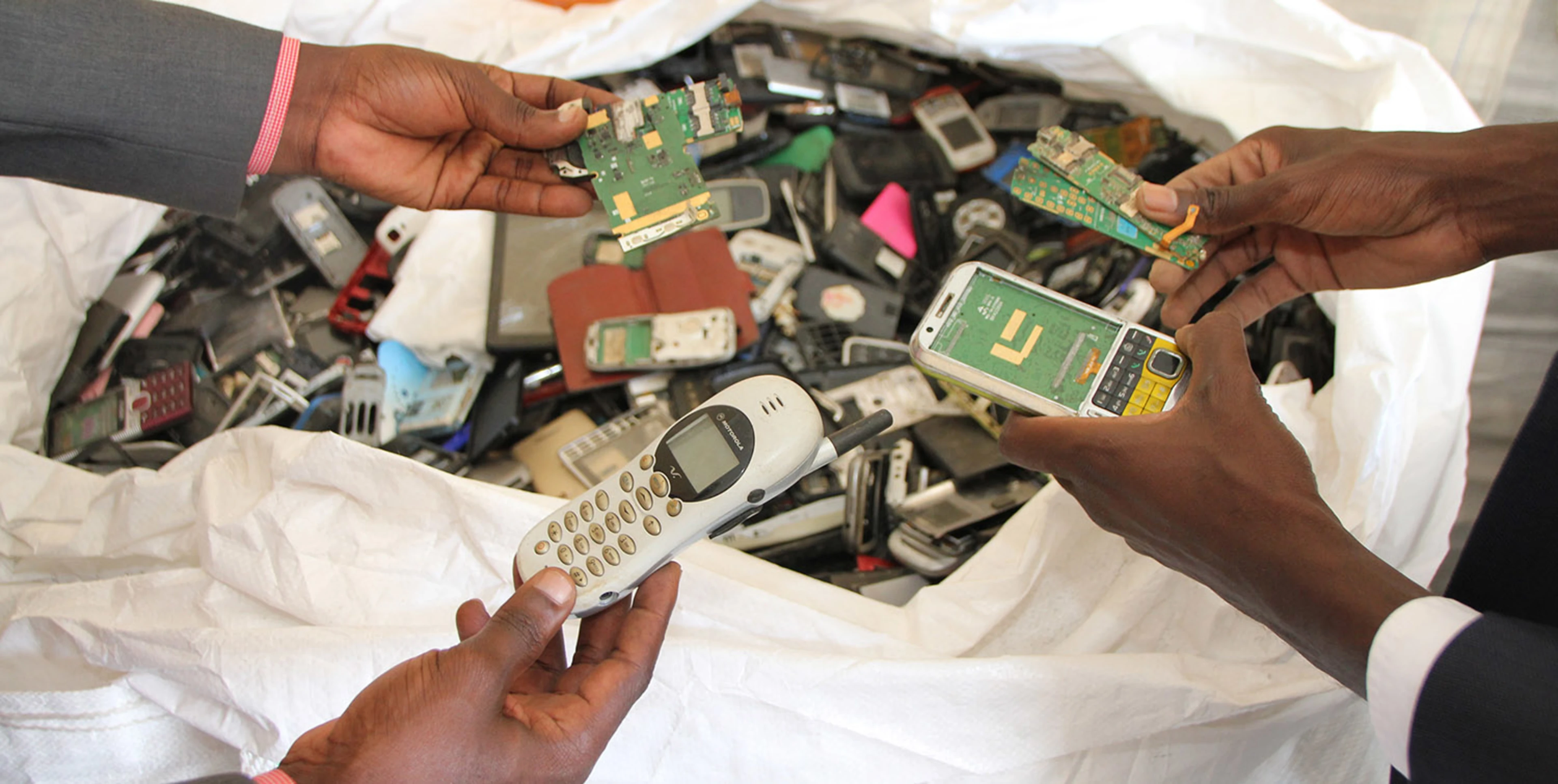
E-waste collection & recycling
Info
Purchase type
By funding this project you are contributing to their work. You will receive impact reports and measurements but you won't receive a carbon credit.
Verified by
TCO Certified
Categories
Background
E-waste reached 61.5 million tons last year, and it is projected to hit 74.7 million by 2030. Around 60-90% is mismanaged or illegally traded, ending up in developing regions lacking e-waste management infrastructure, like West Africa and certain parts of Asia. This poses serious environmental and health threats. It is thus crucial to adopt business models encouraging e-waste recycling. Here's where Closing the Loop seizes the opportunity.
Why did we choose this project?
This initiative creates valuable job opportunities for the local community, enhancing their emotional and financial well-being through a stable income. So far, it has employed over 2,000 individuals. This dual focus on reducing e-waste and promoting awareness about proper e-waste management safeguards communities from harmful toxins. "Partnering with Closing the Loop improves the livelihoods of our staff, agents, and sub-agents." - Lebene Thelma Ledi, Director of Maiden Environmental Services in Ghana.
How does it work?
Since 2012, Closing the Loop has built an extensive local collection network in countries lacking formal e-waste management infrastructure. Aiming for a long-term solution, CTL’s efforts are dedicated towards the development of local recycling capabilities. The collected scrap devices are then shipped to certified European recyclers, where they are recycled (extracting valuable metals like gold and silver) in compliance with EU recycling standards. In African countries, CTL not only ensures sustainable electronic waste management, but also creates job opportunities.
How do we know it's working?
Working with local communities to collect e-waste enhances both environmental and social conditions. Moreover, transparent processes in the collection, shipping, and recycling of e-waste strengthen the business case for local recycling, fostering its investment and growth. “Since collaborating with CTL, we've had extensive training on safe e-waste handling, allowing us to employ more people in the collection cycle. Many people now have work, providing for themselves and their families." - Isaac Dinwe, collection agent.
Star fact
53.6 million metric tons of e-waste is produced globally which has increased by 9.2 million metric tons since 2014 and it is estimated that by 2030 it will exceed to 74.7 million metric tons. Urgent action is needed to avoid such dire forecasts
UN Sustainability Goals
Verified by Pinwheel
28 Feb 2021
Location
Across Africa